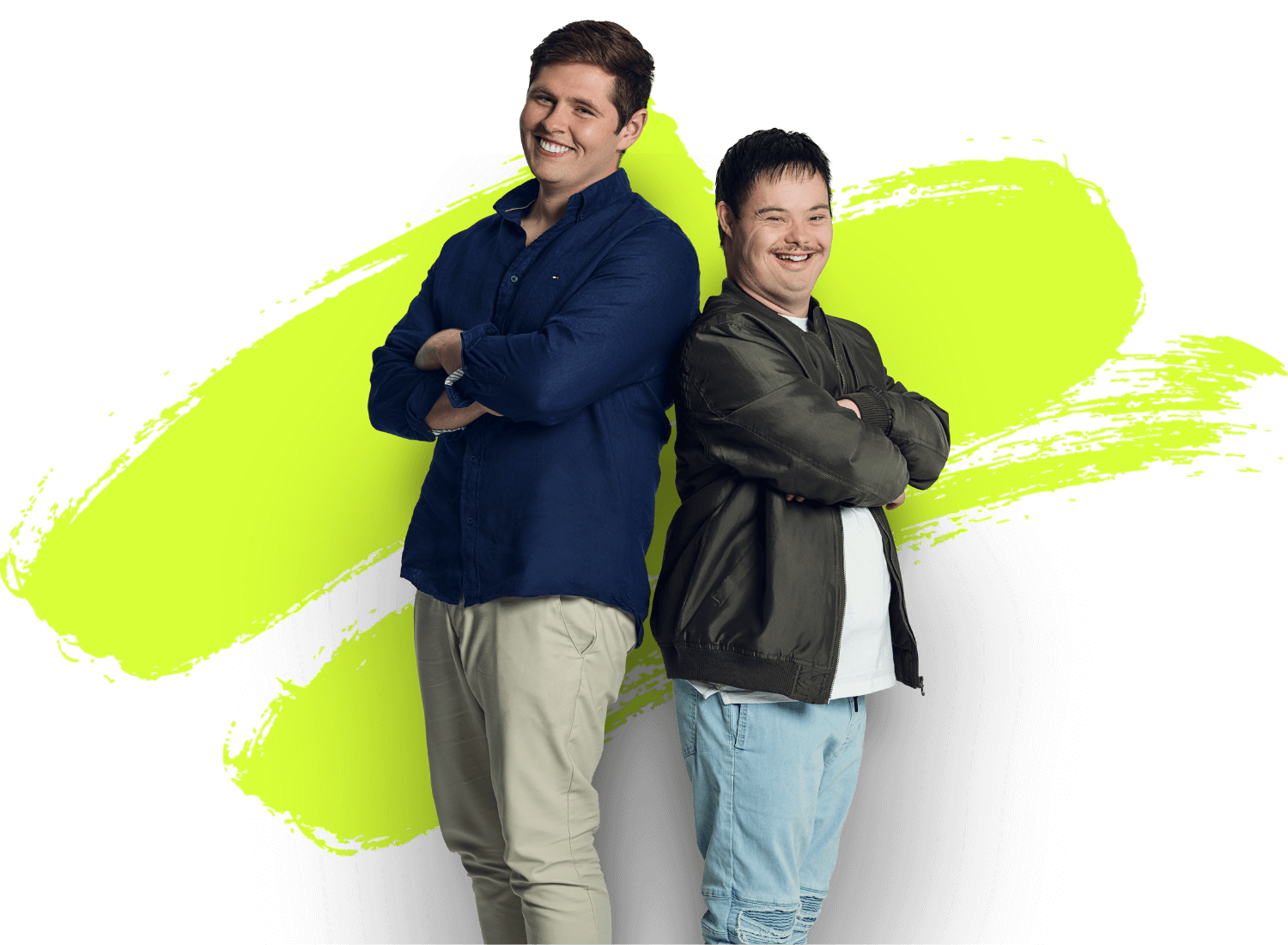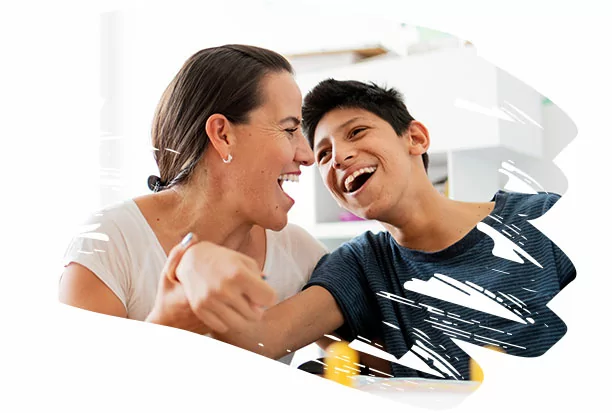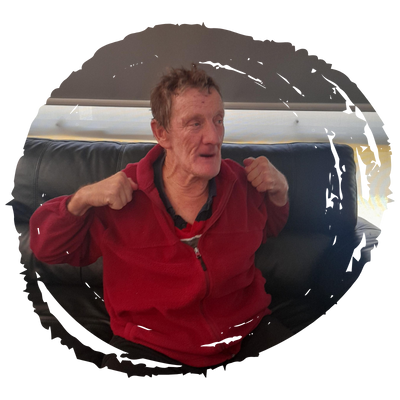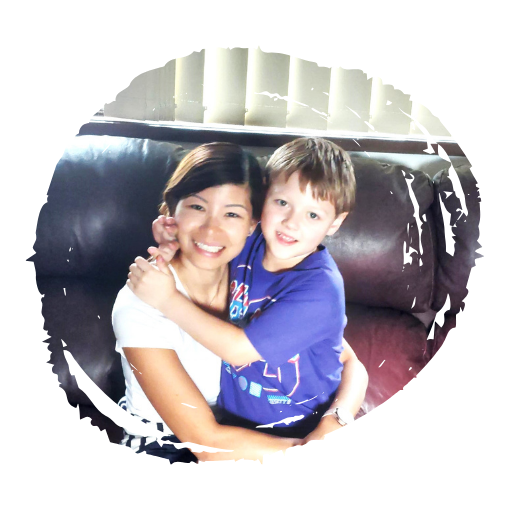When you work with Everyday Independence our Narangba -based occupational therapists support you in your community, as part of a broader team that may include speech pathologists, physiotherapists, positive behaviour practitioners, and habit coaches.
NDIS Occupational Therapy in Narangba
From getting ready for the day, using public transport, managing relationships, or finding employment, expect our team to build your skills and equip you to do the things you want, your way.

How Occupational Therapy Delivers More

How Can Occupational Therapy Help You?
Occupational therapy helps children, teenagers and adults with disabilities in Narangba achieve the changes that are most important to them. These may include:
- Improving confidence and capabilities to make decisions independently
- Investigating sensory inclinations, with a particular focus on the least and most favored ones
- Providing assistive technologies that increase independence and make daily living easier
- Improving social skills and connections with other people through friendship
- Enjoying hobbies and interests that improve wellbeing and mental health.
- Building resilience to deal with life’s challenges
- Strategies and support to learn new skills
- Making environments safer and more accessible
- Advice on wheelchair seating, and trialling equipment
- Home modifications to move around home easily
- Support to transitions to school, university or a new job
- Transitioning to paid, volunteer work or career development.
We’re Ready to Get you Started
To get started with occupational therapy, our Narangba disability practitioner comes to your home to get to know you, your family and other members of your support team. They take a whole of life approach to set you on your pathway to positive change.
Not yet a NDIS participant? Visit our NDIS pages for information on getting your plan funded.


Frequently Asked Questions
Why don’t I come into a clinic for my sessions?
Our occupational therapists come to you in your community where you live, work, learn and play. The best way to build your skills is to work with you in your everyday environments while also helping to change community attitudes that may be holding you back. Clinics are simulated environments which don’t present the same barriers and challenges as real-life, everyday environments.
What happens during the initial occupational therapy sessions?
The first step is an initial assessment with a disability practitioner or occupational therapist to understand your participation and support needs across all aspects of your life. Your occupational therapist will look beyond limitations to focus on your goals and aspirations. They’ll look at the activities you do every day, alongside the challenges you face, the people who support you and the environment you live in.
Then they’ll create a one, two or three year therapy plan, which outlines the best mix of practitioners (including a habit coach) and strategies to help you achieve the breakthroughs required on your pathway towards positive change.
What happens after the initial sessions?
After the initial sessions you’ll then move into a regular rhythm of therapy overseen by your primary therapist plus a mix of other practitioners (eg. speech pathologist, physiotherapist, behaviour support practitioner, and habit coach) depending on the goals you set. You may have a burst of therapy sessions conducted by your occupational therapist, and then practice the routines and skills with a habit coach between therapy sessions.




